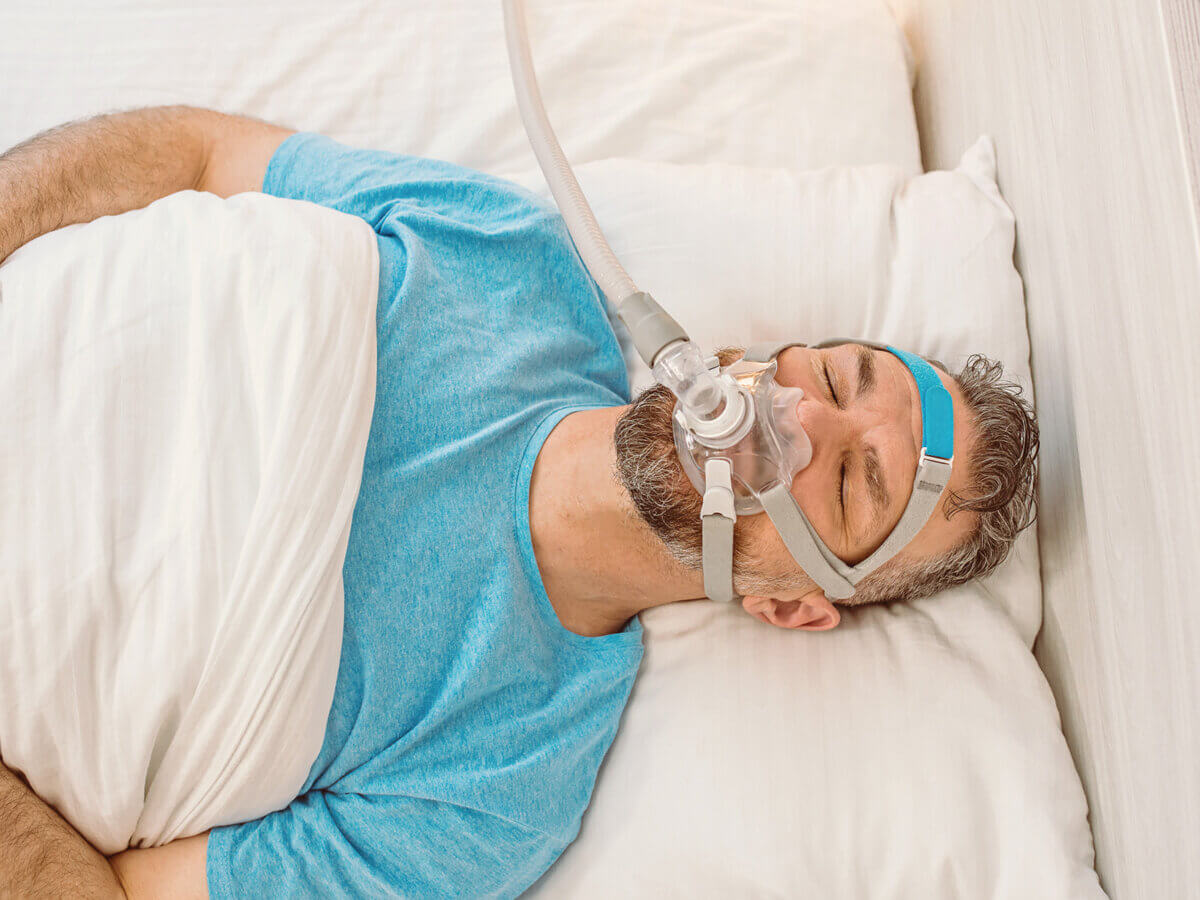Blog
Dental hygiene tips for healthy teeth & gums

What Are The Warning Signs of Sleep Apnea?
Sleep Apnea is among the most prevalent sleep disorders in adults today. It’s a condition where individuals momentarily stop breathing during sleep due to various reasons. Many people with this disorder remain unaware of it. If left undiagnosed and untreated, sleep apnea can pose significant health risks. However, recognizing and addressing the signs early can mitigate these health complications.
In this article, we’ll delve deeper into the symptoms of sleep apnea and its various types. This information will enable you to identify warning signs promptly and seek timely treatment.
Types of Sleep Apnea
Sleep Apnea is a serious condition characterized by loud snoring and fatigue even after a full night’s sleep. The primary types of sleep apnea are:
- OSA or Obstructive Sleep Apnea: This is the more prevalent type of sleep apnea. It occurs when the throat muscles relax excessively, obstructing airflow to the lungs.
- Central Sleep Apnea or CSA: This type arises from nerve damage. Here, the brain doesn’t send signals to control breathing in a timely manner. This delay in signaling causes brief pauses in breathing.
- Treatment-Emergent Central Sleep Apnea: This complex form of sleep apnea transitions from OSA to CSA after patients undergo sleep therapy.
Signs Related To Sleep Apnea Symptoms
While the symptoms might appear similar across all types of Sleep Apnea, their underlying causes differ. Common symptoms encompass:
- Loud snoring
- Dry mouth upon waking
- Morning headaches
- Insomnia
- Daytime fatigue
- Irritability
A co-sleeper or someone in the same room can often detect these signs, such as pronounced snoring, gasping, choking, or noticeable pauses in breathing. Factors like family history, a thicker neck circumference, and obesity can predispose individuals to sleep apnea. While anyone can develop sleep apnea, those with these risk factors are more susceptible. Additionally, men are more prone to this disorder than women.
Causes of Sleep Apnea
Factors contributing to sleep apnea include:
- Weight: Overweight and obese individuals are more susceptible to sleep apnea.
- Medical Conditions: Conditions like diabetes, high blood pressure, hypothyroidism, or polycystic ovary syndrome can predispose individuals to sleep apnea.
- Narrow Airway: Enlarged tonsils can obstruct the airway. Similarly, tumors and nasal congestion can hinder airflow.
- Gender: Men are more likely to develop sleep apnea.
- Smoking: This habit can disrupt sleep and induce sleep apnea.
- Decreased Muscle Tone: Muscle tone diminishes with age and inactivity. As we age, the muscles in the upper airway can become lax, narrowing the passage.
- Family History: A familial predisposition can elevate the risk of developing sleep apnea.
Diagnosing And Treatment
If you notice any signs of sleep apnea, it’s crucial to consult a doctor promptly. A sleep study is typically employed to diagnose the condition. Addressing sleep apnea symptoms can reduce associated health risks and improve sleep quality. Untreated sleep apnea can lead to:
- Chronic fatigue
- High blood pressure
- Weight gain
- Headaches
- Metabolic conditions, such as type 2 diabetes
- Memory issues
Final Overview
Overlooking the warning signs of sleep apnea can disrupt your sleep cycle and adversely impact your health. Some doctors might recommend oral appliances to facilitate better airflow, ensuring the air passage remains open during sleep. Effective treatment can result in sound sleep, improved mood, and overall rejuvenation.
Managing sleep apnea symptoms might involve surgical or non-surgical interventions. However, for optimal results, it’s essential to modify one’s lifestyle and pinpoint the root cause of the disorder. Non-invasive methods, like CPAP (Continuous Positive Airway Pressure) or BPAP (Bilevel Positive Airway Pressure), can also alleviate symptoms.
